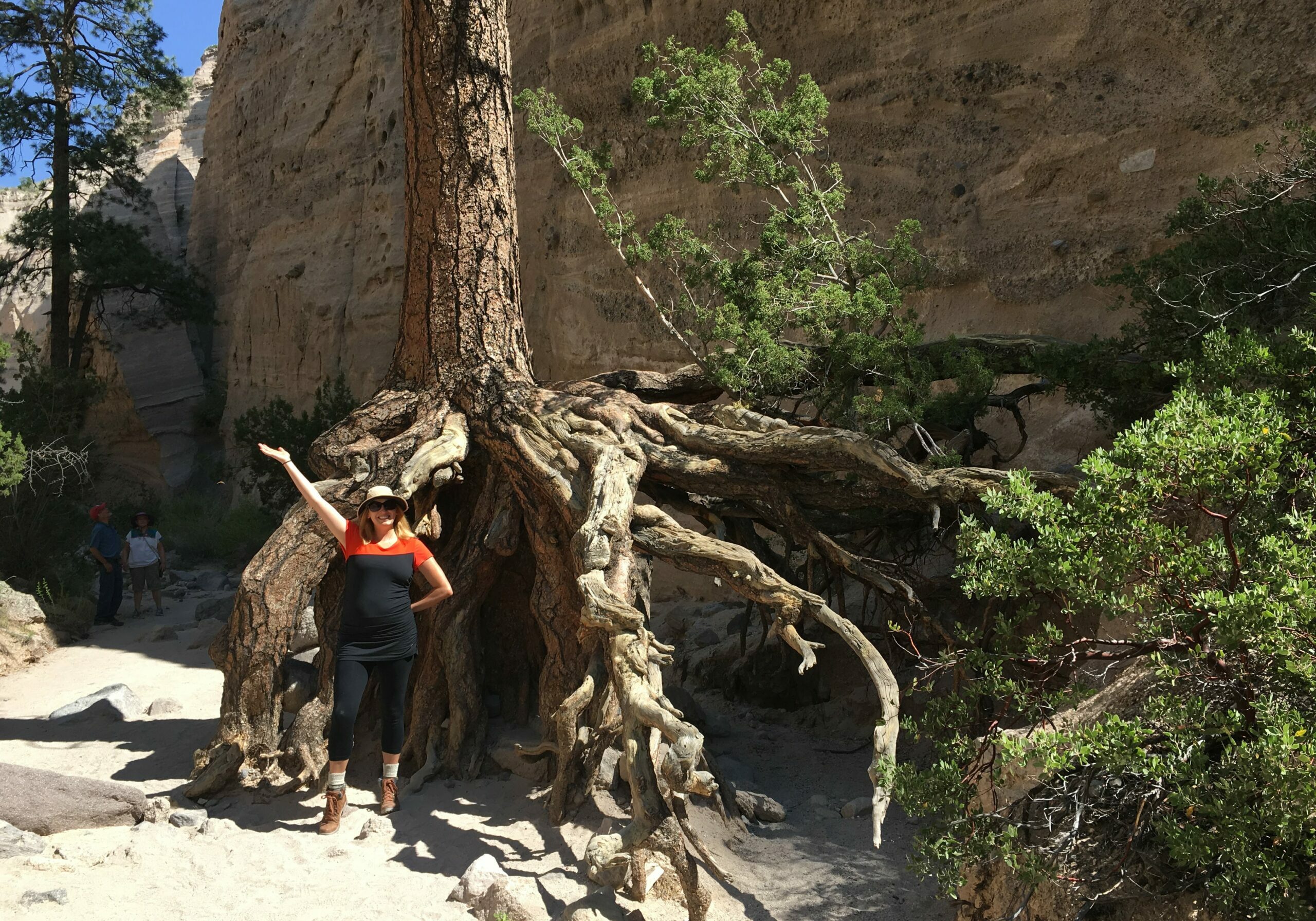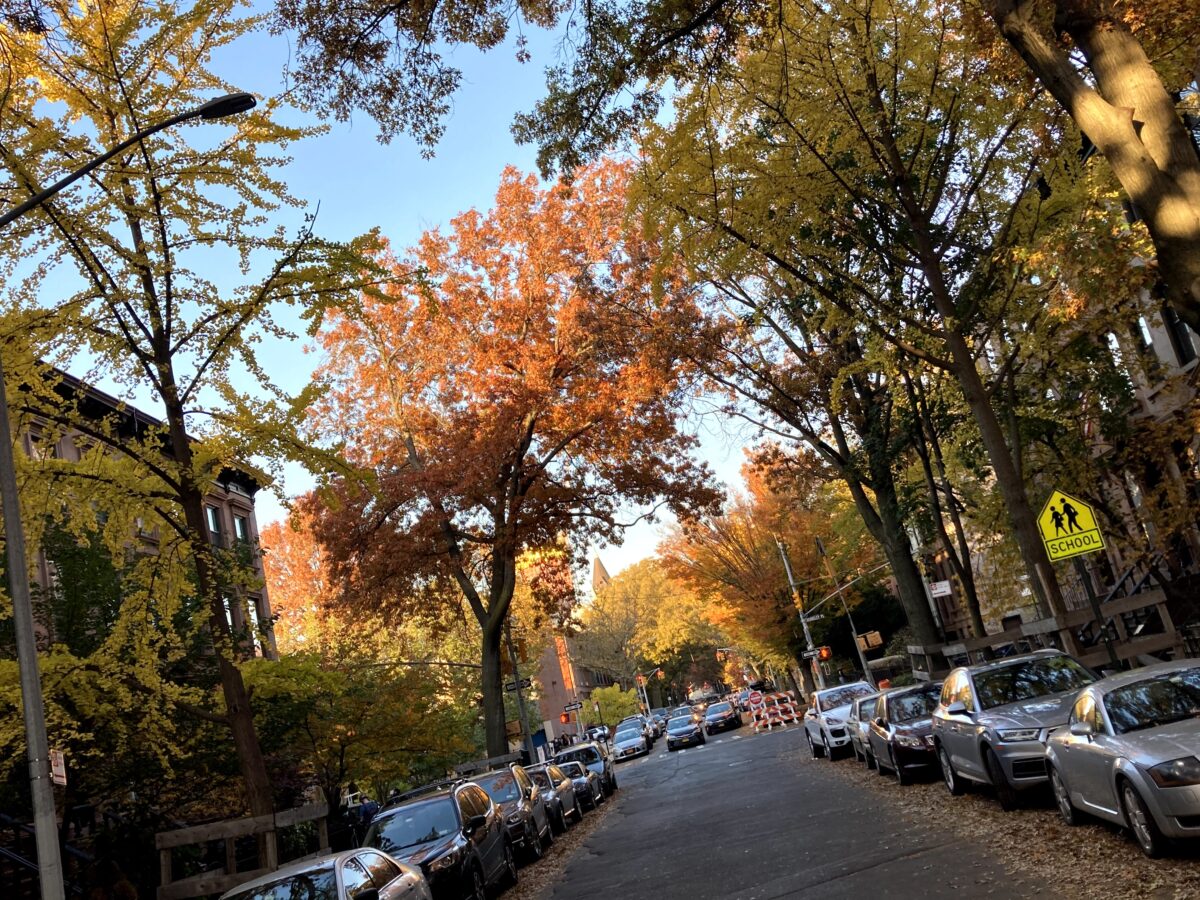January 9, 2024
Sprawled out on the floor like a secret government agent

We all have preferences about how we prefer information to be presented to us.
People do differ in the degree to which we have specific aptitudes for different kinds of thinking and for processing different types of information.
But curiosity is our natural endowment as a species. Human being are born with an astounding capacity to learn. We are hardwired to be ask questions, seek information, metabolize it for material gain, and share it with others. It’s an evolutionarily advantageous instinct.
Learning was literally a lifesaver for our ancestors. Those people who dared to poke their heads around the corner discovered new resources such as food, water and information. And hopefully not giant hungry beasts trying to eat them.
But learning styles is largely a myth. Numerous studies that some people learn better visually or aurally kinesthetically continued to get debunked. A widely cited report on the psychology of learning reviewed the existing literature on learning styles.
No less than seventy different models of learning styles have been proposed in the past fifty years.
And while those assessments were no doubt created with people’s best interests in mind, the research has not found that people learn differently, at least not in the ways all the learning styles proponents claim.
As such, it’s important to keep all avenues, options, and aspirations open for growth. We should approach our learning with deep democracy. Taking advantage of every opportunity to expand our body of knowledge. Transforming any event, situation or experience into breakthroughs in thinking and action.
When I was growing up, I used flashcards to learn everything. From new vocabulary to historical dates to algebra principles to marketing terminology, there was nothing I couldn’t memorize with the aid of a few dozen colorful index cards.
Even as an adult, I’m still using them to do active recall and spaced repetition. It’s fun, useful and engaging for my brain.
I’m reminded of working at a travel startup in my thirties as brand manager. One summer, our head of public relations got laid off, and I stepped into her role as media spokesperson for the company.
Which was exciting, since I had a lot of experience in that field.
Although when I got booked to do a television interview on a major network, I nearly had a panic attack.
Oh shit, what if misrepresent the company? What if I quote the wrong piece of data? I could say the wrong thing on live tv, embarrass my six hundred coworkers and get fired.
This could be bad.
Naturally, the very first thing I did was make flashcards. Every key industry data point and company statistic, I wrote down. And I spent all week studying for that interview.
Which ended up going quite well. I spoke clearly, energetically and convincingly. Our app earned a big spike in downloads that week, acquiring thousands of new users. And I was commended for doing a great job.
Now, does that example mean I’m a visual learner?
Sure. To some degree, yes. I have always had a photographic memory, a good eye, I can visualize things easily, and I am skilled at remembering the settings and other visual details of things I’ve seen in the past. I also remember directions best when someone gives me landmarks, like specific buildings and trees.
However, I also have an exceptional ear for music. My memory for songs, sounds and melodies is quite acute. Both naturally, and also as a result my thirty plus year of experience as a singer, songwriter and guitar player. I worked in college radio for four years, and I listen to dozens of podcasts every week, where I learn life changing lessons from those programs. Auditory learning is essential for my growth.
But what about reading and writing? That’s also a profound source of learning for me. I read hundreds of books each year, and I also write three books each year. Everything I know is written down somewhere. If there’s something new that I need to learn, I devour everything in sight. I am also such a strong believer that if you don’t write it down, it never happened, that’s the title of my latest book.
Then again, so much of my growth and wisdom comes from having physically done things. I’m not the best at repairing appliances around the house and using power tools. But I still like being in motion. I enjoy trial and error. I am willing to get my hands dirty and tinker around, if only to understand how things work. If my senses of touch and movement are activated, I’m guaranteed to learn something.
Point being, all humans can be multimodal learners. Let’s not put our brains in boxes. There’s no right or wrong way to grow. There’s no law saying we have to conform to any particular learning style. All paths up the mountain lead to the same summit.
And in fact, all of us should consider taking multiple paths on our journey, if only to multiply our learning. Just because we enjoy like listening to podcasts more than reading books doesn’t mean we should never go to the library. We may prefer information to be presented to us in certain ways.
And sure, we might have specific aptitudes for different kinds of thinking and for processing different types of information. What’s important to remember is, how we learn isn’t as important as that we learn, or why we learn.
It’s mindset over method. The bigger principle here is about holistic growth and fulfillment. All of us should personalize our unique approach to education. Each of us should keep an open mind and a willingness to expand in different ways. Each of us should develop our abilities and intelligence through a multitude of tools and experiences.
Besides, people evolve. Preferences shift. Values change. Identities diversify. And the neuroplasticity of the human brain is an astounding phenomenon.
Who’s to say how we might learn one, five, ten, or fifty years from now? For all we know, there’s a technology that hasn’t even been invented yet, that will reshape how information is presented and absorbed to human beings.
It’s only a matter of time before somebody invents a neural nexus that enables a new form of awakened learning, whereby microchips implanted into our heads direct transfer information to our brains.
Kind of sounds the synopsis of a science fiction movie.
In a world where traditional education is a thing of the past, one man embarks on a mind bending journey into a future where boundaries between reality and virtuality blur. But when he discovers the dark secret of the synaptic overlord behind the neural interfaces, he must free humanity from the clutches of the artificial intelligence controlled network. Before mankind succumbs to the seductive allure of effortless knowledge and destroys itself. Coming soon to a theater near you.
What’s your preferred learning style? As you grow, are you staying open to all avenues, options, and aspirations open for growth?
This, ironically, is a lesson that I’ve only recently learned myself. If you’re someone who values learning, than it’s only a matter of time before you learn new learning styles.
Personally, since curiosity is so important to me, I can’t help but question my own assumptions. Because what the hell do I know about who I am or what I want? History has proven time and time again that the precious gems of the ego like preference, style, belief and desire can be fickle.
Sometimes the ideals that we held dear our whole life shatter in an instant, and suddenly we’re this new version of ourselves. It’s terrifying because of the loss, but it’s also exciting because of the growth.
One day you’re sprawled out on the floor with a hundred flashcards like a secret government agent, the next day you’re walking in the park talking to yourself out loud like a schizophrenic who just escaped from a mental hospital.
Both are viable methods for learning, so the only obstacle in our way is permission.
Those who dare to poke their heads around the corner find what they seek.
Are you taking advantage of every opportunity to expand your body of knowledge?

